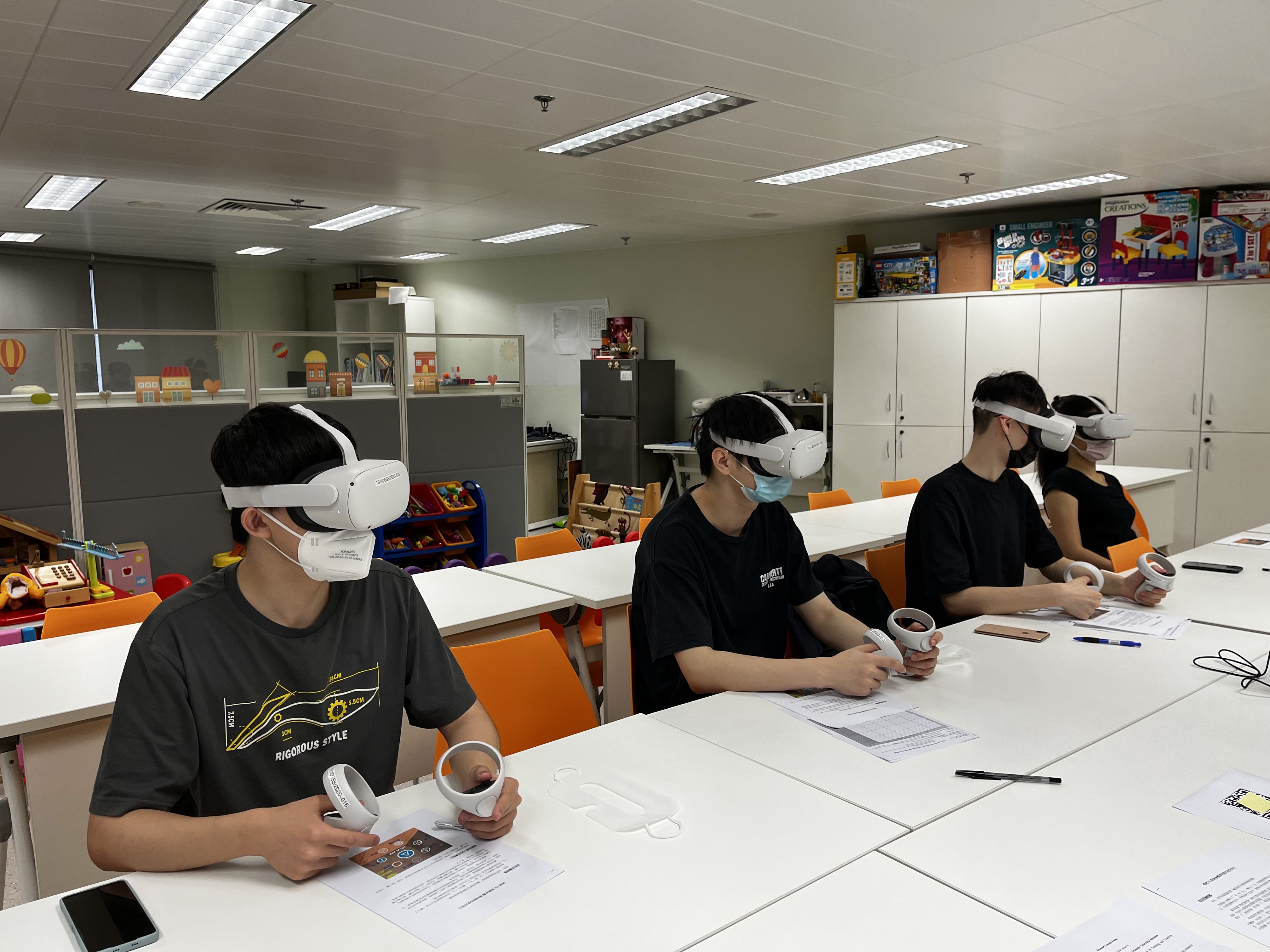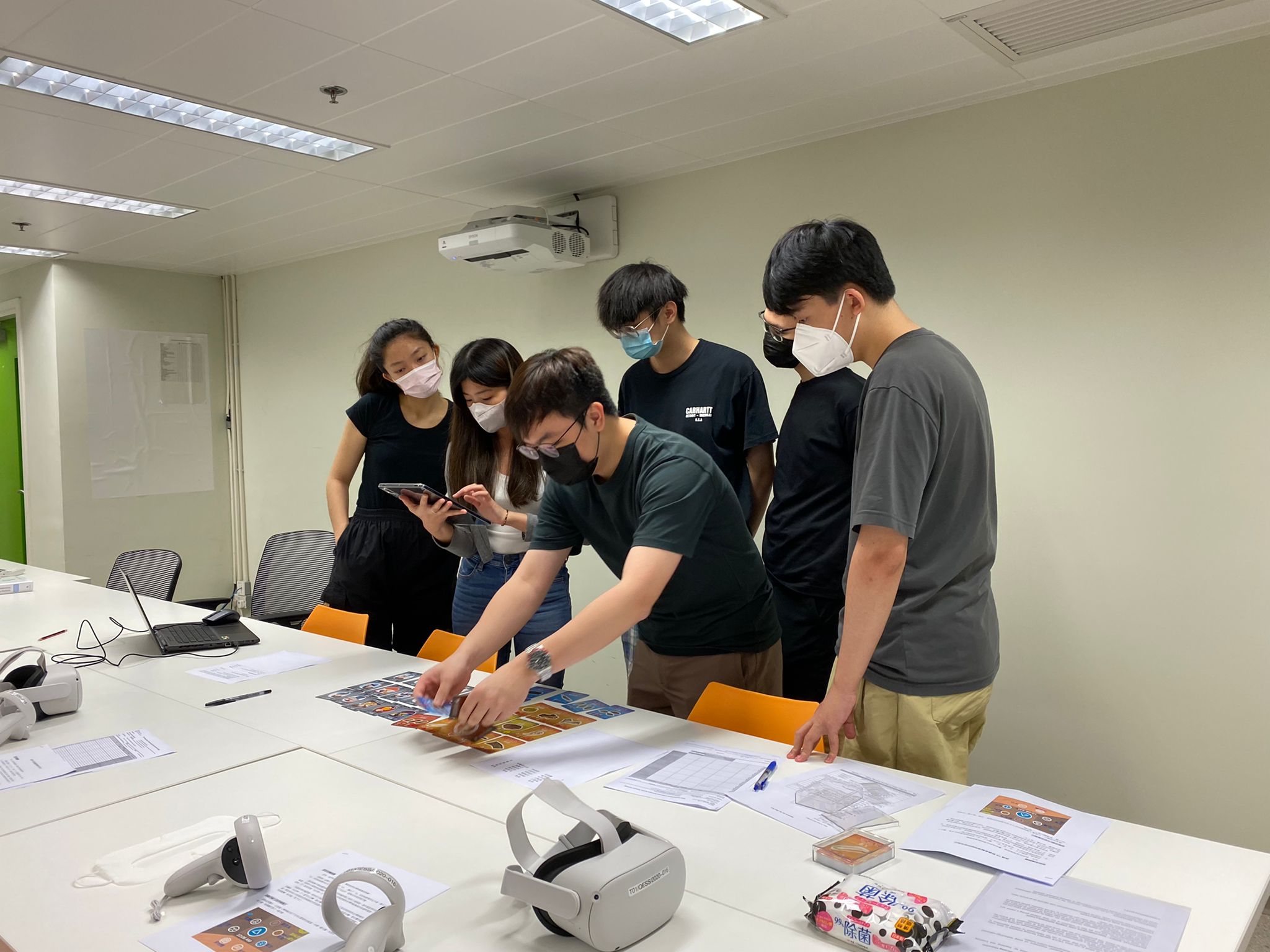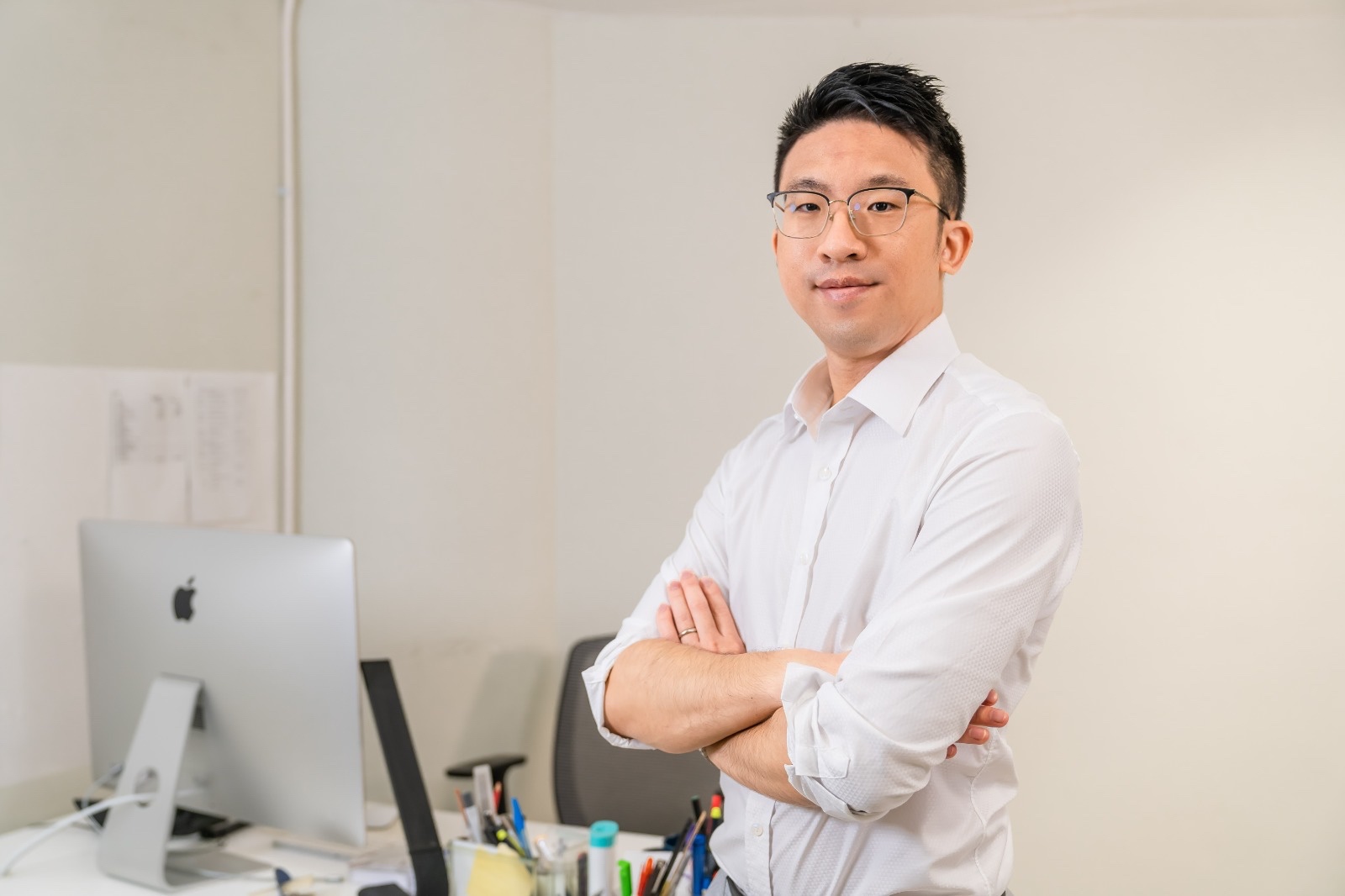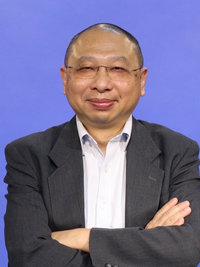STUDENT LEARNING AND DEVELOPMENT LABORATORY
The major objective of the lab is to understand the interplay among cognitive, motivational, emotional and environmental factors that affect teaching and learning.As a resource centre, the laboratory also houses a wide range of technological assistive devices and counselling tools for counselling and educational practices at schools.


|
|
Dr. Jason CHOWPh.D. in Psychology, The University of Hong KongBSS (Psychology and Economics), The University of Hong Kong |
|---|---|
|
|
Dr. Raysen CHEUNGPh.D. in Vocational Psychology, Loughborough University, United Kingdom |
Our lab aims to understand the interplay among cognitive, motivational, emotional and environmental factors that affect teaching and learning. We are actively engaged in the application of psychological theories and research findings to promote the growth of teachers and students. In particular, our team is currently interested in studying a wide range of topics that are related to
1) the self-regulatory processes and achievement motivation of students
2) the career readiness of postsecondary students
3) mindfulness and self-compassion interventions for teachers and students
4) the psychology of E-learning
1. Exploring how self-control training improves self-control performance: An experience sampling study.
(Funded by Research Grants Council, Project No. UGC/FDS15/H03/16)
PI: Dr Jason CHOW
2. Vocational Identity, career development and graduate Adjustment: A longitudinal study of sub-degree students in Hong Kong
(Funded by Research Grants Council, Project No. UGC/FDS15/H06/18)
PI
3. Exploring the role of self-compassion in students’ self-control
PI: Dr Jason CHOW
4. Teachers’ motivation and efficacy of using E-learning tools
PI: Dr Jason CHOW
PI: Dr Raysen CHEUNG
Selected Publications:
Yeung, N.C.Y., & Chow, T.S. (2019). Coping with my own way: Mediating roles of emotional expression and social support seeking in the associations between individual differences and post-traumatic growth. Health Psychology Open, 6(1), 2055102919846596.
Ng, H. K. S., Hong, Y. L., Chow, T. S., & Leung, A. N. M. (2018). Nature does not always give you a helping hand: Comparing the prosocial effects of nature at different resource and security levels. Personality and Social Psychology Bulletin, 0146167218794625.
Ng, H. K. S., & Chow, T. S. (2017). The effects of environmental resource and security on aggressive behavior. Aggressive Behavior, 43, 304-314
Chow, T. S., & Wan, H. Y. (2017). Is there any Facebook depression? Exploring the moderating roles of neuroticism, Facebook social comparison and envy. Personality and Individual Differences, 119, 277-282.
Cheung, R., Jin, Q & Cheung, C. K. (2016). Perceived employability of nonlocal Chinese university students in Hong Kong: The impact of acculturative and vocational variables. Journal of Career Assessment. DOI: 10.1177/1069072716680045
Cheung, R. & Jin, Q. (2016). Impact of a career exploration course on career decision making, adaptability, and relational support in Hong Kong. Journal of Career Assessment, 24, 481-496
Cheung, R. & Arnold, J. (2014). The impact of career exploration on career development of Hong Kong Chinese University students. Journal of College Student Development. 55 (7). 732-748
Cheung, R. (2012). Advancing career centers in Higher Education: contextual and strategic considerations. Asian Journal of Counselling, 19 (1 & 2)]. 115 - 125.
Cheung, R. & Arnold, J. (2010). Antecedents of career exploration amongst Hong Kong Chinese university students: Testing contextual and developmental variables. Journal of Vocational Behavior, 76, 25-36.
Selected conference presentations:
Cheung R. (June, 2016). Development of perceived employability among university students in the Hong Kong, Presented in 2016 Hong Kong Psychological Society Annual Conference, University of Hong Kong, Hong Kong.
Cheung R. & Jin, Q. (May, 2016). Leaving hometown for college: Its implications for vocational identity development of college students in China. Presented in 2016 Asian Pacific Career Development Annual Conference, Taipei, Taiwan.
Cheung, R. (Jun 2015). Perceived employability of non-local Mainland Chinese graduating students in Hong Kong. International Conference: Labor, Mobility and Development in PRD and Beyond. Chinese University of Hong Kong: Hong Kong.
Cheung, R., Jin, Q. & Ip, H. (May 2015). Exploring the impact of social work practicum on career development and perceived. International Conference of "Discovery and Innovation in Social Work Practicum Education. City University of Hong Kong. Hong Kong.
Cheung, R. & Jin, Q. (Jul 2014). Psychological flexibility, job resources and perceived employability: An investigation among working adults in Hong Kong. 2014 International Congress of Applied Psychology. Paris. France
Chow, T.S., Tang, L. H*., & Lam, S. M. (June, 2018). Subjective fatigue does not reduce vigorous physical exercises when people believe that willpower is non-limited. Poster presented at the 9th European Conference of Positive Psychology, Budapest, Hungary.
Chow, T. S., Hui, C. M., & Lam, S.M. (June, 2018). Improving self-control and subjective well-being by a three-week self-control training program. An experience sampling study. Oral presentation in the 9th European Conference of Positive Psychology, Budapest, Hungary.
Chow T.S., Hui, C. M., & Lam, S. M. (May, 2018). Individual differences in everyday self-control conflicts: An experience sampling study. Poster presented for the annual meeting of the Association for Psychological Science, San Francisco.
Chow, T. S. (Mar, 2017). Search for meaning in life predicts prosocial behaviour. Poster accepted for the annual meeting of the second biennial International Convention of Psychology Science, Vienna, Austria.
Chow, T. S., & Wan, H. Y*. (Feb, 2017). Who will develop depression after checking Facebook? Poster accepted for the annual meeting of the Society of Personality and Social Psychology, San Antonio.





